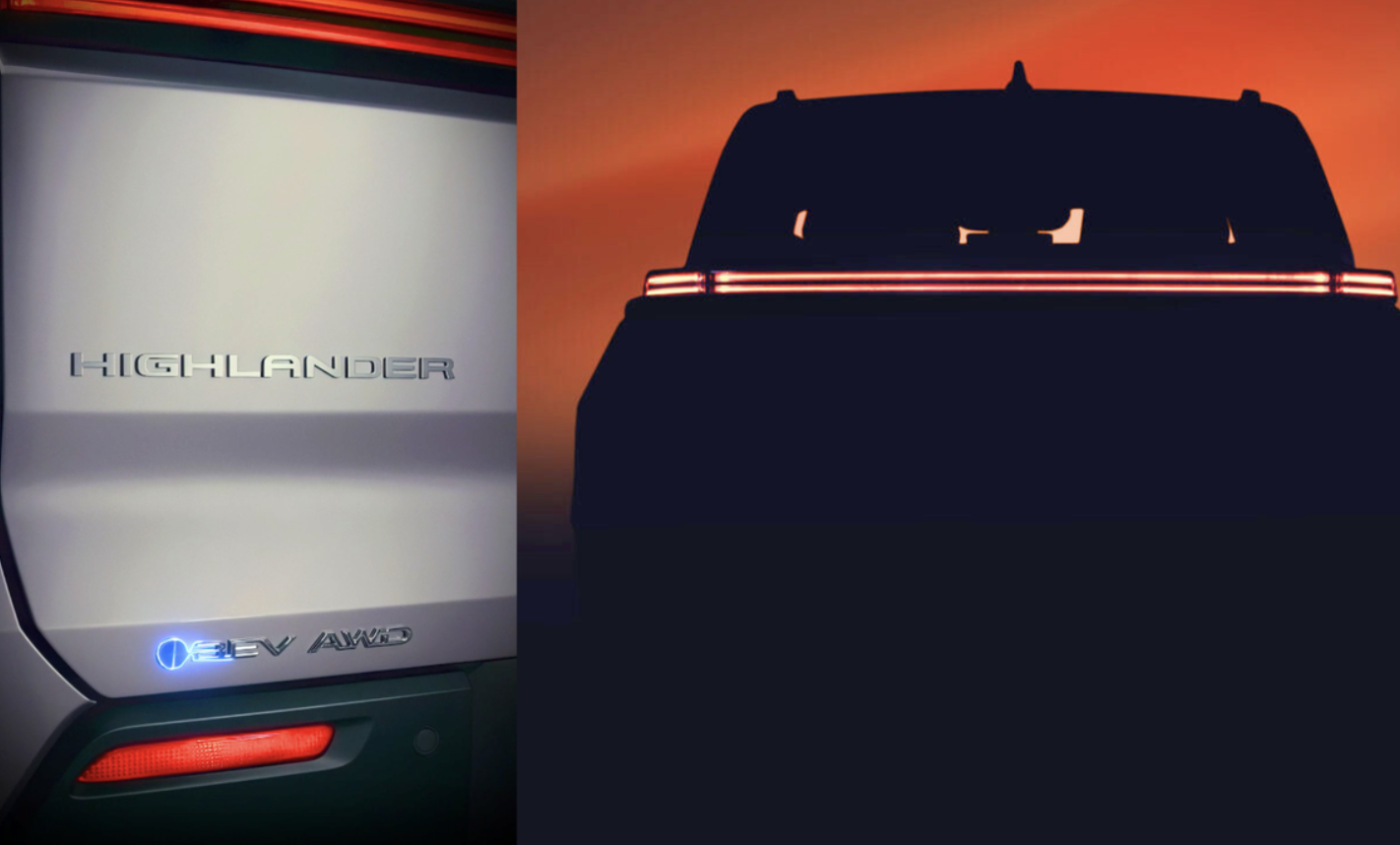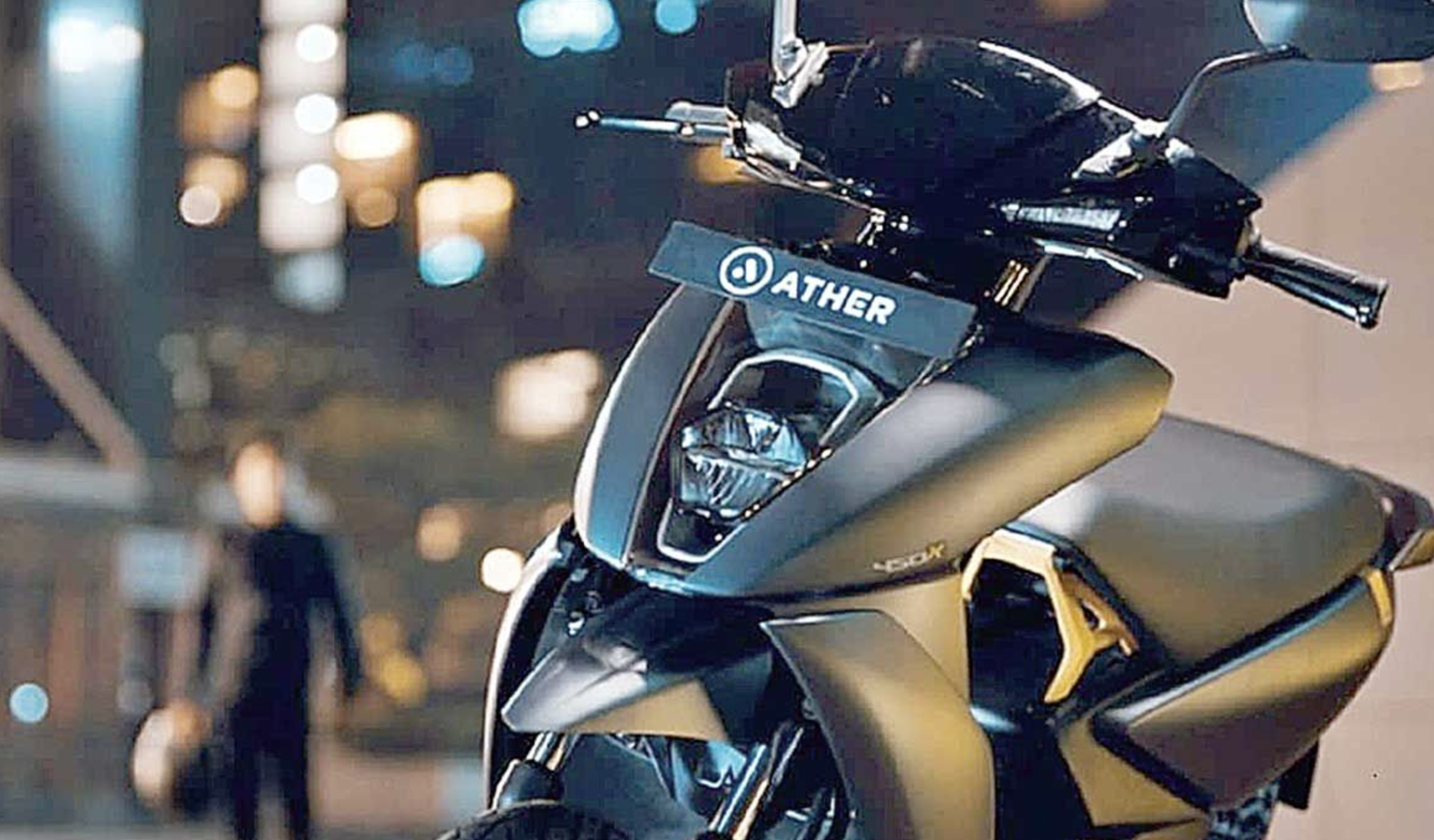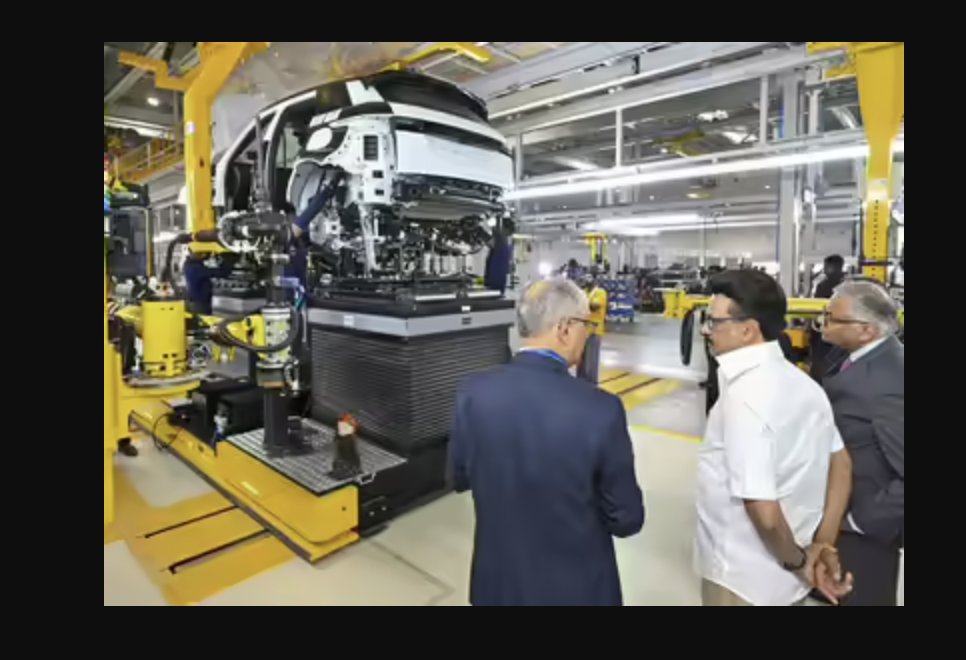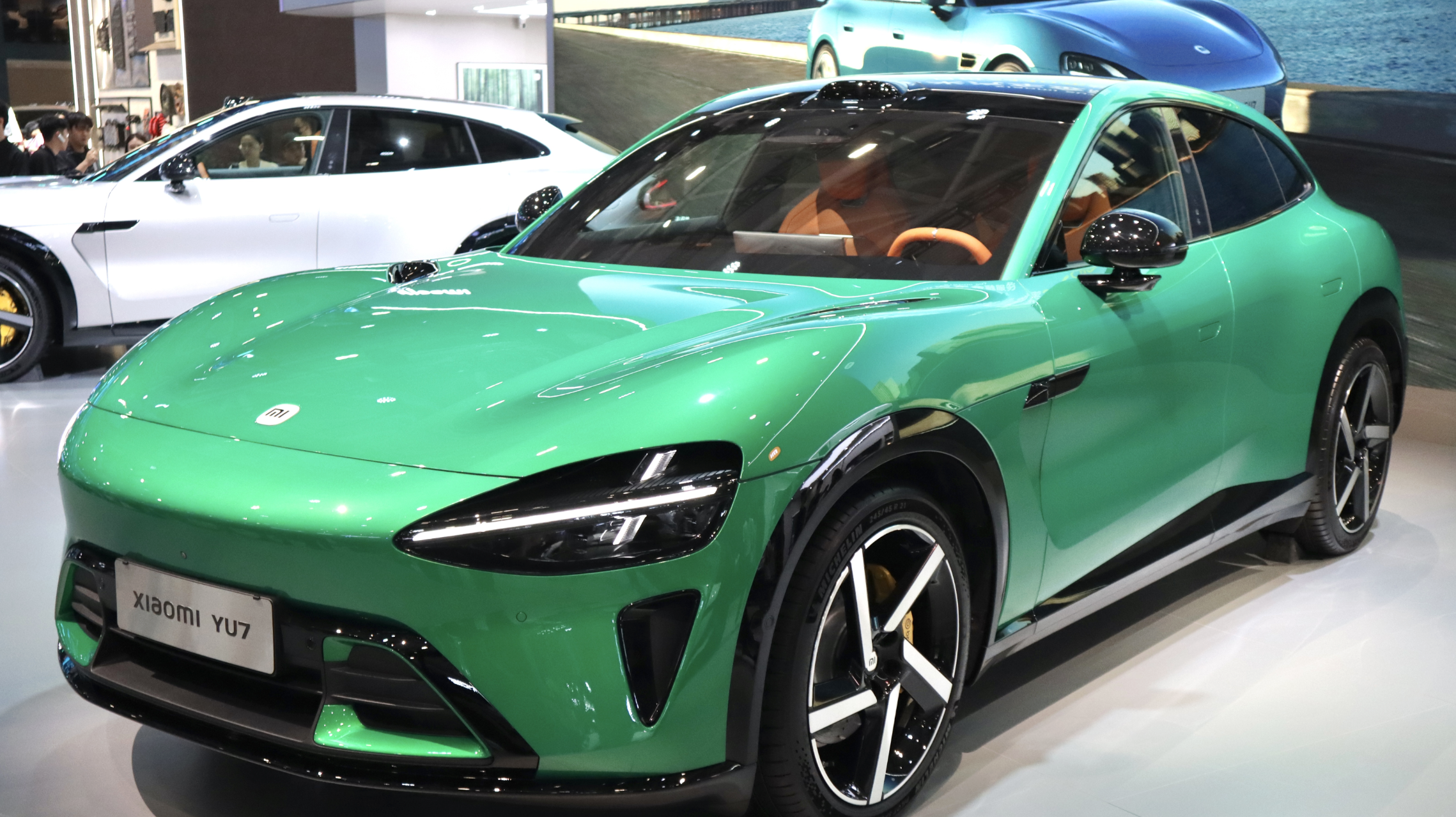Volkswagen, despite investing USD 2 billion in the Indian market, is considering selling its stake in Skoda Auto Volkswagen India Pvt. Ltd. (SAVWIPL) to a local partner. This strategic move comes as the company struggles to crack the price-sensitive Indian market. Mahindra is a probable partner, given their history of dealings with Volkswagen.
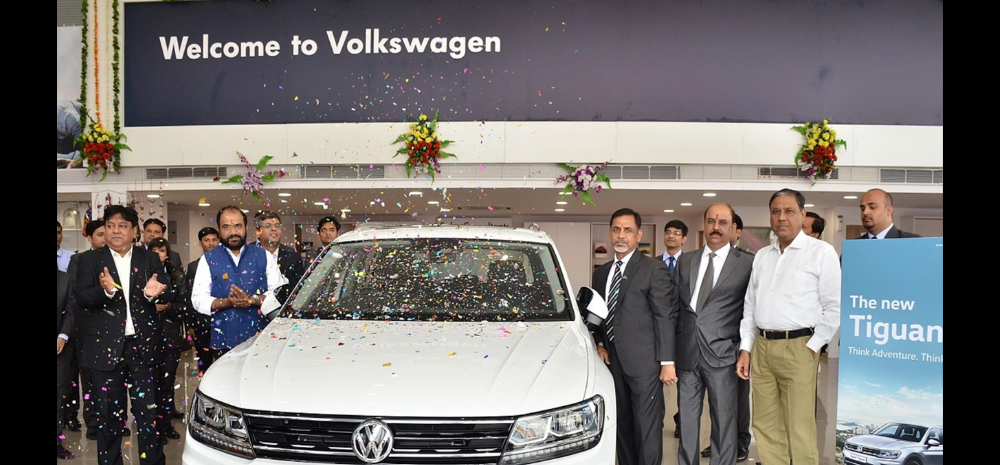
Volkswagen to Sell Stake to a Local Partner
As confirmed by Skoda Auto CEO Claus Zellmer, Volkswagen Group is exploring the possibility of selling its stake in SAVWIPL. Zellmer disclosed that the company is seeking a true partnership, likening it to a marriage without a contract. The objective is to find a partner who can contribute engineering, sales, and procurement competence, helping both parties achieve greater success than in the past.
Reasons Behind Volkswagen’s Struggles in India
Volkswagen’s failure to capture the Indian market is attributed to its high price tags and over-engineered vehicles. India, being a price-sensitive market, favors competitively priced cars. Volkswagen and Skoda’s premium pricing appeals mainly to enthusiasts, limiting their mass-market appeal. The company’s commitment to global standards has resulted in over-engineering, making their vehicles less cost-effective compared to rivals.
Potential Partnership with Mahindra
While Zellmer did not confirm the timeline for concluding talks with potential partners, Mahindra emerges as a likely candidate due to past collaborations. Volkswagen aims to find a partner that shares an equal stake and mutual benefits. This partnership seeks to leverage the strengths of both companies to navigate the challenging Indian market successfully.
Learning and Adapting to the Indian Market
Volkswagen’s approach includes learning from potential partners to find a balance between cost and quality. The company acknowledges the need to cut costs without compromising on essential features. This strategy is crucial for competing in the Indian market, where affordability is a significant factor.
Advocating for Hybrid Vehicles
Volkswagen continues to advocate for higher incentives for hybrid vehicles in India. The company believes that offering options between internal combustion engine (ICE) vehicles and electric vehicles (EVs) is not the right approach. Instead, they support incentivizing hybrid technology to bridge the gap between ICE and EVs.
Conclusion
Volkswagen’s decision to sell its stake in SAVWIPL reflects its adaptive strategy to address the challenges of the Indian market. The potential partnership with Mahindra, a prominent player in the Indian automotive industry, could provide the necessary leverage for Volkswagen to achieve its goals. As both companies stand to benefit from this collaboration, the future of Volkswagen in India hinges on this strategic move.
